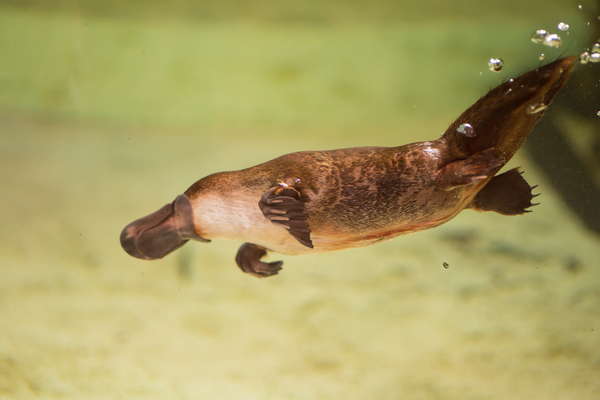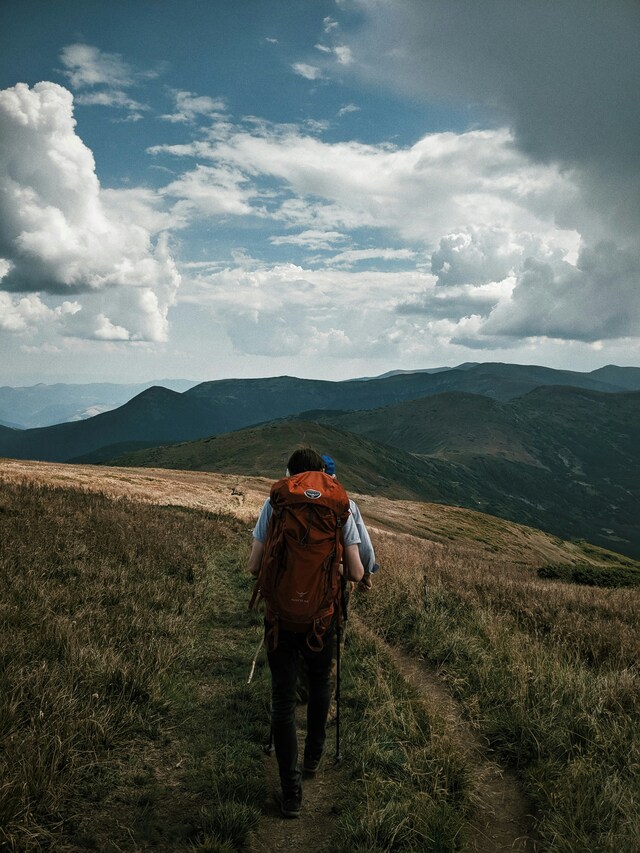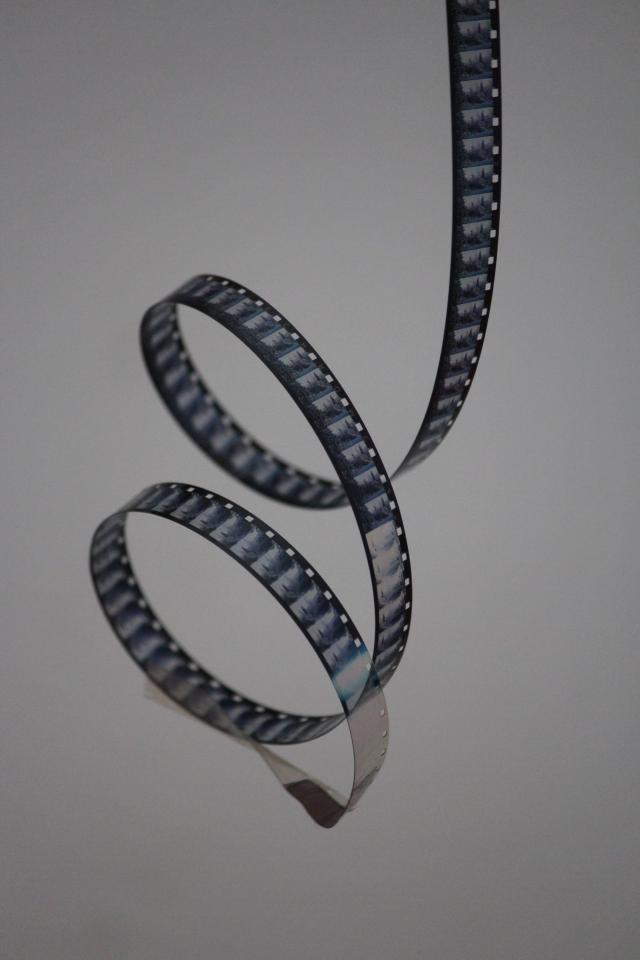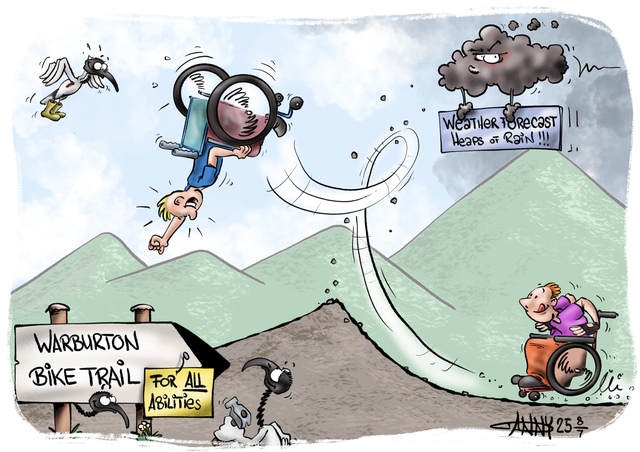A baby platypus named Rover has made a 55 kilometre journey through Yarra Valley waterways, making its way from Healesville to Warburton.
Melbourne Water’s environmental water resources planner, Tiana Preston said this was the longest journey recorded by a platypus in the Melbourne region and had been a surprise.
The platypus was first monitored by Melbourne Water near Healesville in 2016 and has had a busy three years on the move having recently turned up in Warburton.
“The platypus was first captured as a baby in Chum Creek in 2016. It was then recaptured at the same site as an adolescent in early 2017, then turned up in the Yarra River near Warburton in early 2019,” Ms Preston said.
“It’s highly unusual to have had success tracking the same platypus across such a vast geographical area and pleasing to see it thriving across several waterways.
“This lengthy traverse we believe has been aided by the regular Yarra River environmental flows Melbourne Water carries out which help animal movement,” Ms Preston said.
For more than two decades Melbourne Water has recorded platypus numbers every autumn and spring.
While the monotremes are found in rivers and creeks throughout Melbourne – they are increasingly under threat from urbanisation and climate change.
They are also shy creatures so it is difficult to gather first hand detail on their numbers and health.
Ms Preston says spring is a good time to remind the community and citizen scientists to head to their local creek/waterway and try to spot a platypus and record any sightings on the platypusSPOT app.
“With the community’s help, we can build our knowledge of local platypus populations and manage our waterways to support them into the future,” Ms Preston said.
Other ways people can to help platypus include picking up litter to prevent entanglement (hairbands are one of the biggest litter threats to platypus from choking or tying up their bills), never using Opera House Nets to catch yabbies as they can drown platypus.
Melbourne Water advises locals to always pack up all their fishing lines to stop entanglement, and to avoid putting items down a stormwater drain.







